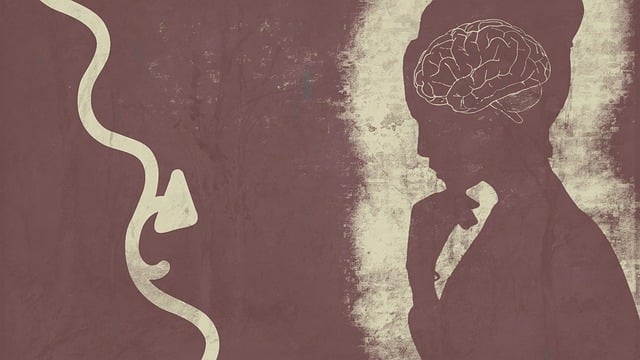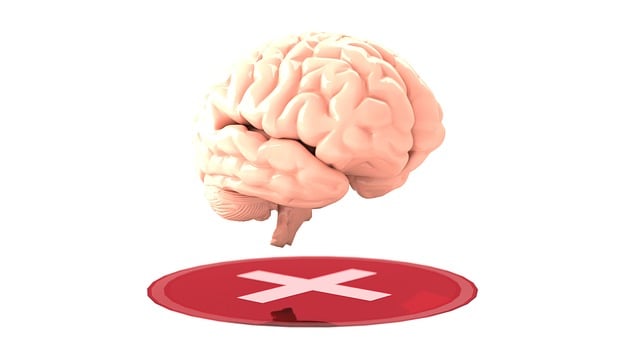Therapy for Adolescent Teens Couples Counseling combines group support with specialized techniques like adapted counseling and crisis intervention. Facilitators create a safe, inclusive environment through clear boundaries, confidentiality, active listening, and engaging activities like anonymous sharing, role-playing, and positive reinforcement. This holistic approach equips teens with self-care practices, enhances communication, resolves conflicts, manages risks, and promotes resilience, ultimately improving mental wellness and relationship satisfaction.
Mental wellness group facilitation plays a pivotal role in supporting adolescents and teens, offering a unique approach to therapy. This article explores effective techniques tailored for this demographic, focusing on both couples counseling and group therapy sessions. We delve into strategies that foster healing, connection, and a safe space, specifically addressing the challenges faced by adolescents and teens in various settings. By understanding these facilitation methods, professionals can enhance the impact of Therapy for Adolescent Teens and Couples Counseling.
- Understanding Mental Wellness Group Facilitation for Adolescents and Teens
- Techniques to Foster Healing and Connection in Couples Counseling
- Creating a Safe Space: Strategies for Effective Group Therapy Sessions
Understanding Mental Wellness Group Facilitation for Adolescents and Teens

Mentally facilitating groups for adolescents and teens is a specialized approach to supporting young individuals in navigating their mental health journeys. This technique goes beyond individual therapy; it focuses on creating a supportive community where teens can connect, share experiences, and learn from one another. Facilitators play a crucial role in guiding these discussions, fostering an environment that encourages openness, empathy, and valuable peer-to-peer support.
By incorporating elements of self-care practices and mental health education programs design, facilitators empower adolescents to manage their anxiety relief effectively. Couples counseling techniques can also be adapted to involve peers, helping teens explore dynamics within their relationships and fostering healthier communication patterns. This holistic approach ensures that participants not only gain insights into their own mental wellness but also develop coping strategies that enhance their overall well-being.
Techniques to Foster Healing and Connection in Couples Counseling

In couples counseling, fostering healing and connection involves a unique blend of therapeutic techniques designed to address interpersonal dynamics and emotional well-being. One effective approach is incorporating conflict resolution techniques that encourage open communication and active listening. By teaching adolescents and their parents or partners skills like assertiveness, empathy, and compromise, counselors help them navigate disagreements constructively, strengthening their bond in the process. This not only improves relationship satisfaction but also equips them with valuable tools for managing future challenges.
Additionally, integrating crisis intervention guidance is crucial, especially when dealing with vulnerable teens. Counselors should be prepared to recognize and respond to emotional crises promptly, providing a safe space for expression and support. Through structured techniques like crisis management planning, professionals can guide adolescents and their loved ones in developing strategies to de-escalate intense emotions, prevent escalating conflicts, and promote resilience. This holistic approach, combined with risk management planning for mental health professionals, ensures that couples counseling is both effective and safe for all involved.
Creating a Safe Space: Strategies for Effective Group Therapy Sessions

Creating a safe space is paramount for effective group therapy sessions, especially when catering to diverse populations such as adolescent teens and couples. Facilitators play a crucial role in cultivating an environment where individuals feel comfortable expressing their thoughts and emotions freely. This involves establishing clear boundaries, ensuring confidentiality, and promoting active listening. By fostering trust and empathy, facilitators encourage participants to open up about their struggles without fear of judgment.
Additionally, incorporating strategies like anonymous sharing, role-playing exercises, and positive reinforcement can significantly enhance the therapeutic experience. These techniques not only promote self-care routine development for better mental health but also cater to different learning styles, making sessions engaging and impactful. Mental health education programs design should incorporate these safe space initiatives to ensure crisis intervention guidance is effective and accessible to all participants.
Mental wellness group facilitation plays a pivotal role in supporting adolescents, teens, and couples. By understanding specific techniques that foster healing and connection, professionals can create safe spaces that enhance therapy outcomes. For individuals seeking therapy for adolescent teens or couples counseling, effective group facilitation offers a supportive environment where participants can navigate challenges together, build resilience, and form meaningful connections. These strategies are essential in promoting mental wellness and overall well-being among diverse populations.








